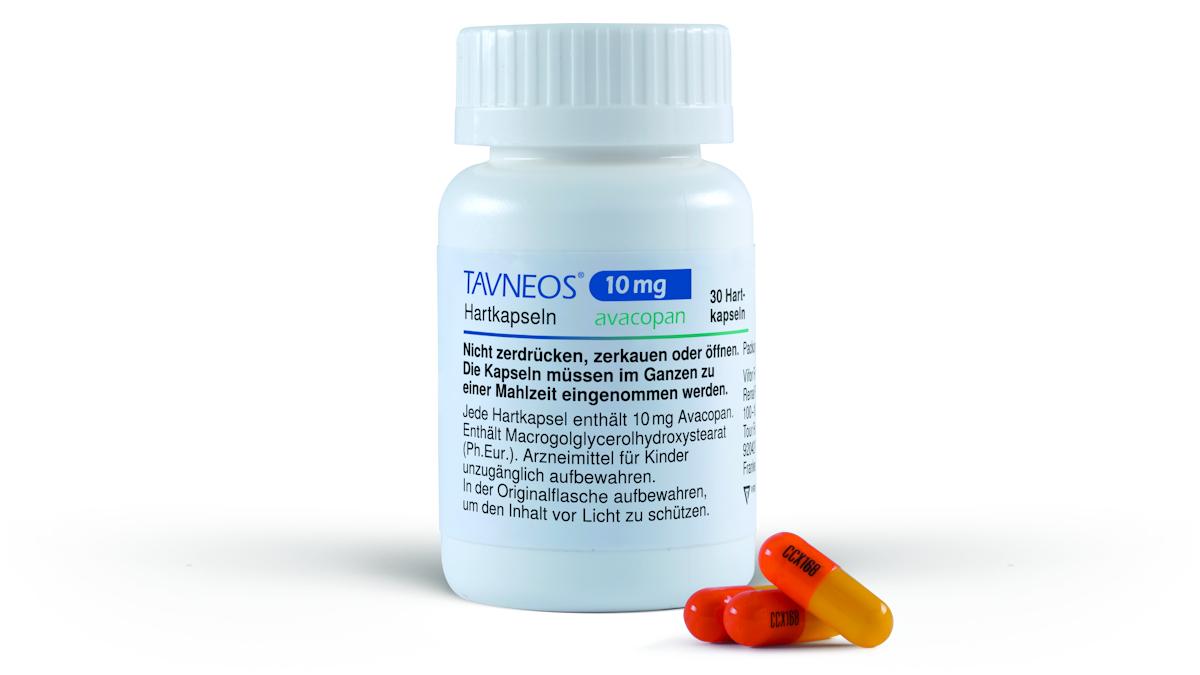Pfizer’s EU Vyndaqel okay ‘sets up $1.5bn sales next year’

Pfizer’s Vyndaqel has become the first drug to be approved for transthyretin amyloidosis with cardiomyopathy (ATTR-CM) in Europe, adding further momentum to the fast-growing product.
Vyndaqel (tafamidis meglumine) has now been approved for ATTR-CM on both sides of the Atlantic after the FDA gave it a green light last year and – according to analysts at GlobalData – sales are set to rocket to $1.5 billion next year and $3.5 billion by 2025.
Pfizer’s drug has been approved in Europe for polyneuropathy associated with the rare disease (ATTR-PN) since 2011, but failed to get a green light in the US for that indication in 2012 and sales have been modest.
That changed after the FDA approved the ATTR-CM indication last year, which sparked an acceleration in sales of Vyndaqel and new once-daily formulation – Vyndamax – that shattered analysts forecasts. In the fourth quarter sales reached $213 million, up from just $39 million in the same period of 2018.
The franchise’s gathering momentum will be taken up a gear by the new EU approval, which will “dramatically increase the patient pool eligible for Vyndaqel, especially given its outstanding performance in trials,” according to GlobalData analyst Sarah Elsayed.
In the 30-month ATTR-ACT trial that supported the approval, Vyndaqel reduced the risk of death by 30% compared to placebo, and also cut the frequency of cardiovascular-related hospitalisation by 32%.
Elsayed thinks the 225,000-per-year drug will reach $3.8 billion in sales by 2025, a remarkable step up from the $1 billion or so consensus forecast among analysts for 2024 shortly after its US approval for ATTTR-CM.
In ATTR, the transthyretin protein misfolds and accumulates as amyloid deposits in the body. In ATTR-CM that accumulation occurs in the heart, impairing its function, and patients have an average life expectancy of just three to five years from diagnosis. Vyndaqel, a transthyretin stabiliser, acts by stopping the formation of amyloid and slowing down the progression of the disease.
ATTR-CM is often misdiagnosed as it shares many characteristics with heart failure from other causes, but Pfizer says the availability of Vyndaqel in the US has resulted in a several-fold improvement in diagnosis rates.
Patients previously required a biopsy to confirm diagnosis, but latterly it has become much easier to diagnose patients using a non-invasive imaging technology called scintigraphy.
ATTR-CM is the key to that growth, as in ATTR-PN Vyndaqel’s efficacy data isn’t as strong, and it also has competition from Alnylam’s Onpattro (patisiran) and Ionis’ Tegsedi (inotersen), two injectables that were recently approved for ATTR-PN in both the US and Europe.
Onpattro and Tegsedi are also in development for ATTR-CM, but Pfizer looks set to have a sizeable lead in the category. Ultimately however the injectables – which work more quickly – may catch up, according to some analysts.












